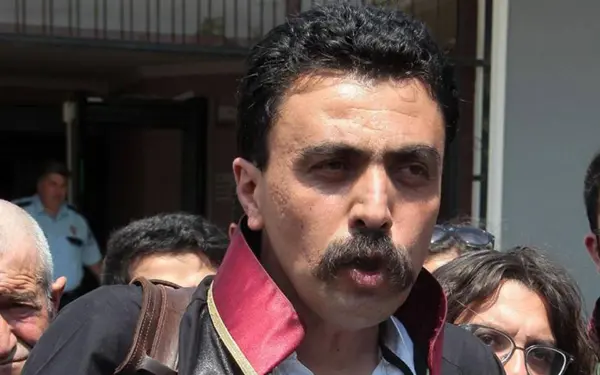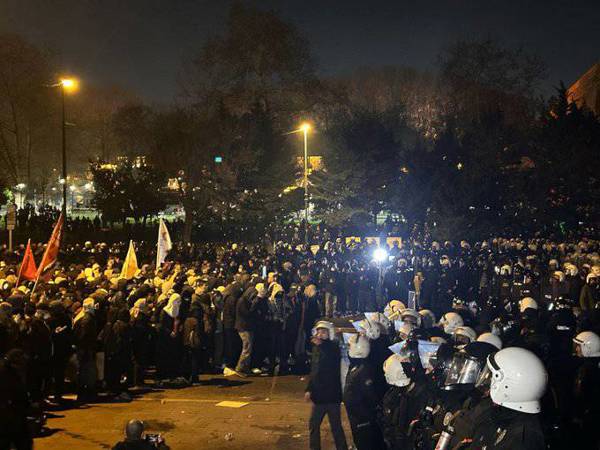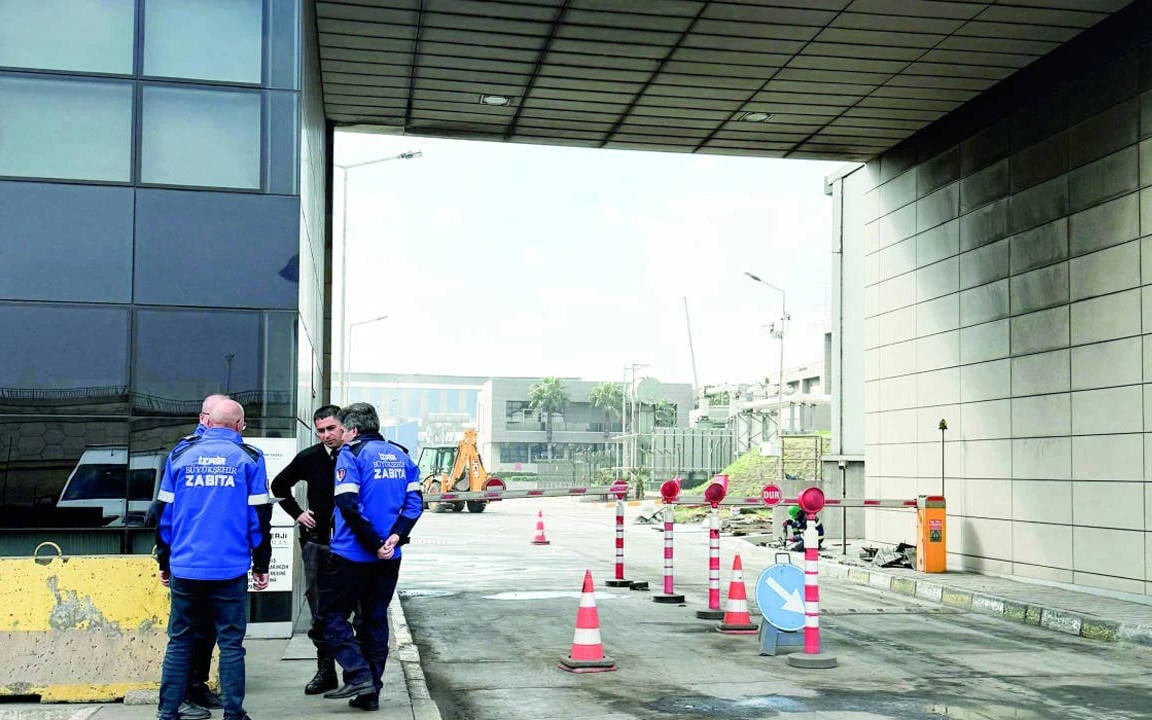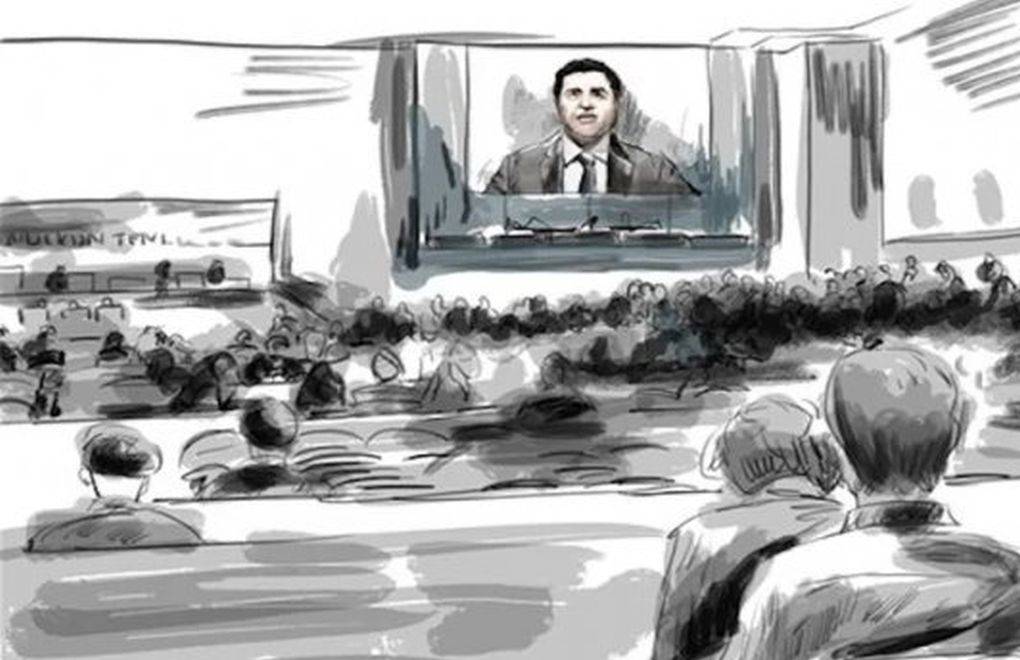IPI TURKEY COORDINATOR
'The government does not want any accurate information to reach the public'

Photo: DİSK Basın-İş
Click to read the article in Turkish
International organizations do not expect any positive initiatives or a new law labeled "reform" by Turkey's government that would actually improve free expression in the country, according to Renan Akyavaş the Turkey Programme Coordinator of the International Press Institute (IPI).
"When we look at Turkey as international organizations, what we see is that the press is under siege from all sides," said Akyavaş.
"Judicial harassment, individual lawsuits filed against journalists, penalties issued by the Press Advertisement Institution [BİK] and the Radio and Television Supreme Council [RTÜK], politicians directly targeting journalists and the physical attacks that follow them...
"I think it's a miracle that journalists are able to report certain news under these circumstances."
The funding debate
The recent public debate on some online news portals receiving funds by foreign or international groups has turned into a "lynch campaign" against those outlets, which functions as a mechanism of media censorship, she said.
New laws that the government plans to pass are concerning as well, according to Akyavaş. "What is important in Turkey is not the laws to be made, it is the correct implementation of the laws. The most important thing here is an independent judiciary."
CLICK - Presidency communications head hints as new media regulation

The laws enacted over the past few years, such as the social media law, the internet law and the RTÜK law, already put pressure on journalists and passing a new law for media outlets receiving funds would make the situation worse, said the IPI coordinator.
"As international organizations, we don't expect any positive initiatives or a new law under the guise of 'reform' from the current government of Turkey that would make a positive impact on freedom of expression.
"We always say the same things about this issue. No one thinks this is possible now. The European Union mechanisms are also not deceived anymore. Saying, 'There are similar laws in Germany and France as well...' does not influence anyone."
Pressure on the independent media
Apart from the law that the government is reportedly preparing, the "foreign-funding" debate in itself increased the pressure on the independent media, said Akyavaş.
"... We should have seen the signs of such a law, such a debate with the publication of the SETA report that targeted foreign press outlets and journalists working for them.
"At this point, unfortunately, newspapers who strive to do independent journalism by receiving funds from foreign press organizations and foreign foundations have become the target.
"We understand from this that the government does not want any correct information in the country to be given to the public or to be transferred to outside of the country."
The government control
Noting that the government either directly or indirectly controls 90 percent of the mainstream media outlets, Akyavaş said, "The few remaining media outlets that try to do quality and accurate journalism in their own way are either forced to close down, or suffer financial pressures or judicial harassment.
"Journalism, in a professional sense, is not possible for outlets that cannot finance themselves in any way. Amid the impossibilities in Turkey, the only method for them to guarantee their editorial independence is the funds received from abroad.
"Enemizing these newspapers and journalists only makes the few remaining media outlets dysfunctional."
CLICK - Media Ownership Monitor Turkey
CLICK - Pro-government newspapers received 78 percent of all public ad payments in 2020
CLICK - Five newspapers got 88 percent of ad penalties by Press Advertisement Institution
(HA/VK)
Lawyer Selçuk Kozağaçlı detained one day after release

Prosecutor seeks prison terms for journalists who covered İmamoğlu protests

Journalists' union denied visit to jailed reporter Elif Akgül

İzmir coal-fired plant continues operations despite court ruling

Executive of pro-Kurdish news agency faces trial for exposing informant’s identity









